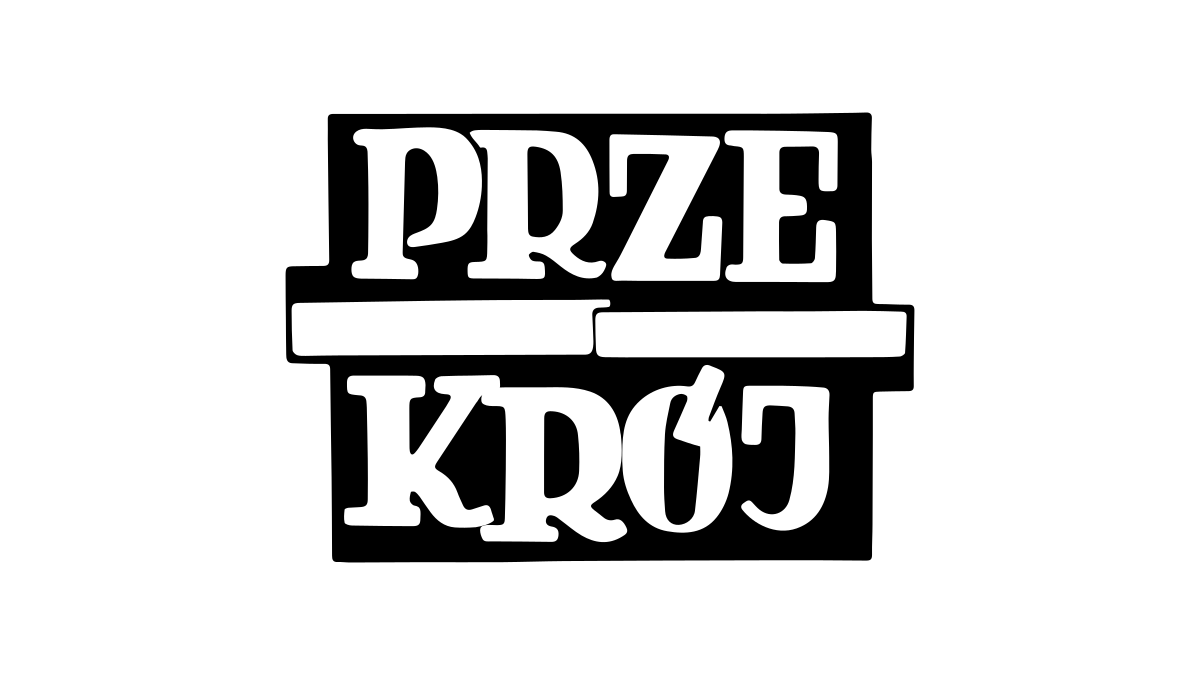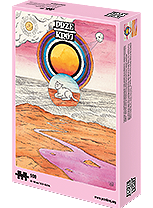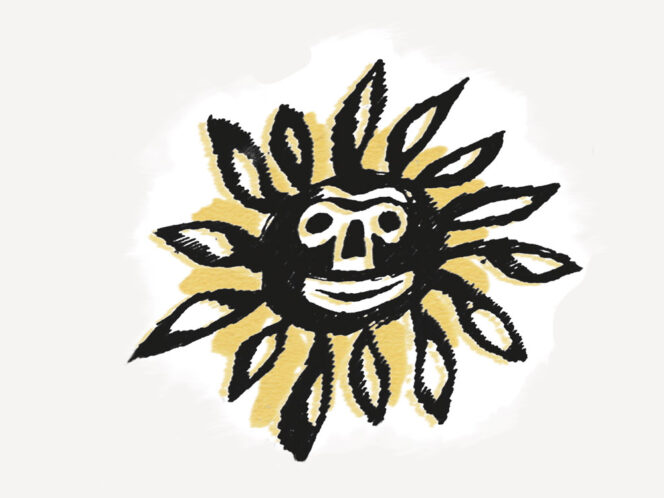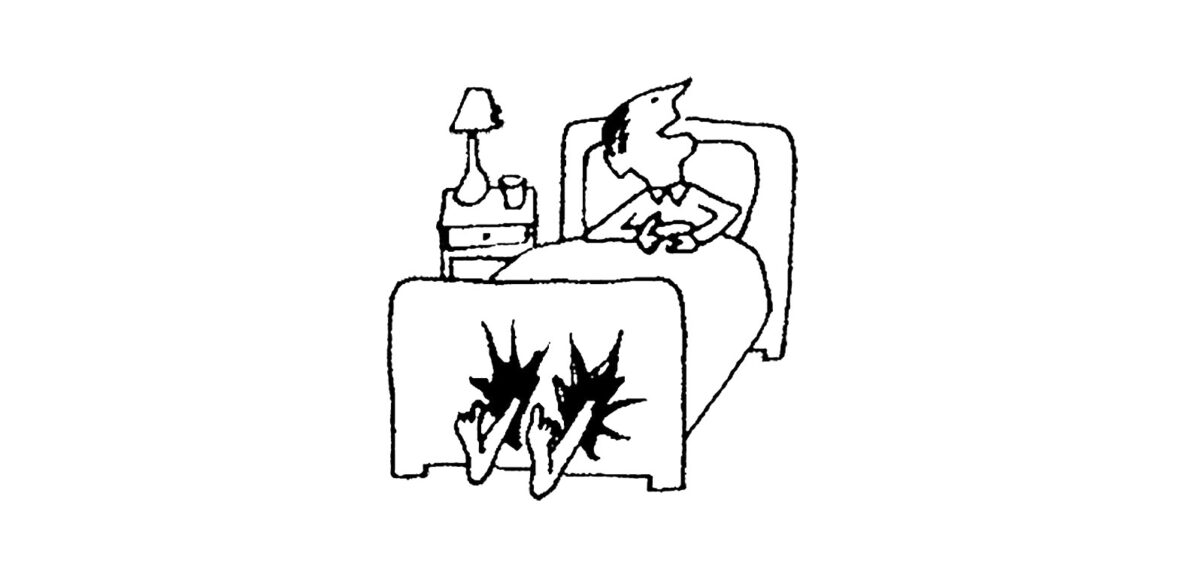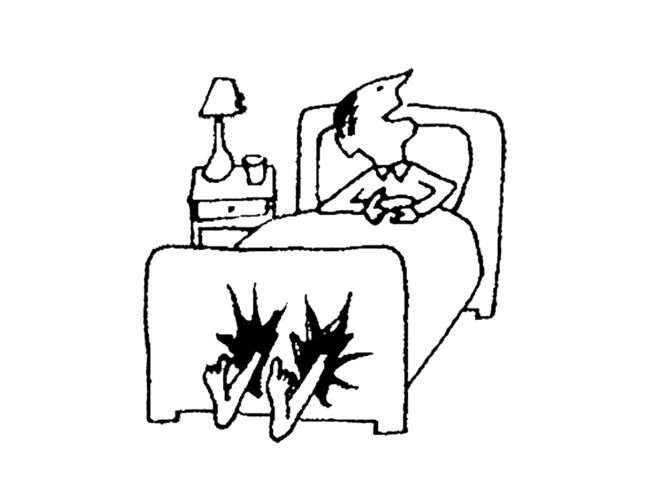
As with almost all of life on Earth, human beings also function in cycles of light and dark. Look what happens to the human organism (and psyche) every day.
2am: Highest level of lymphocytes. The body heals well overnight.
3am: Blood flow through the brain is at its greatest at night.
4am: Growth hormone is secreted at night. It is responsible for tissue regeneration in adults and growth in children. The level of vasopressin is also raised, thanks to which we don’t have to run to the bathroom for a pee. In children, where the endocrine system is still developing, bed-wetting is more likely. At night, the level of prolactin, the hormone responsible mainly for lactation, is at its highest.
5am: Body temperature is at its lowest. For n
